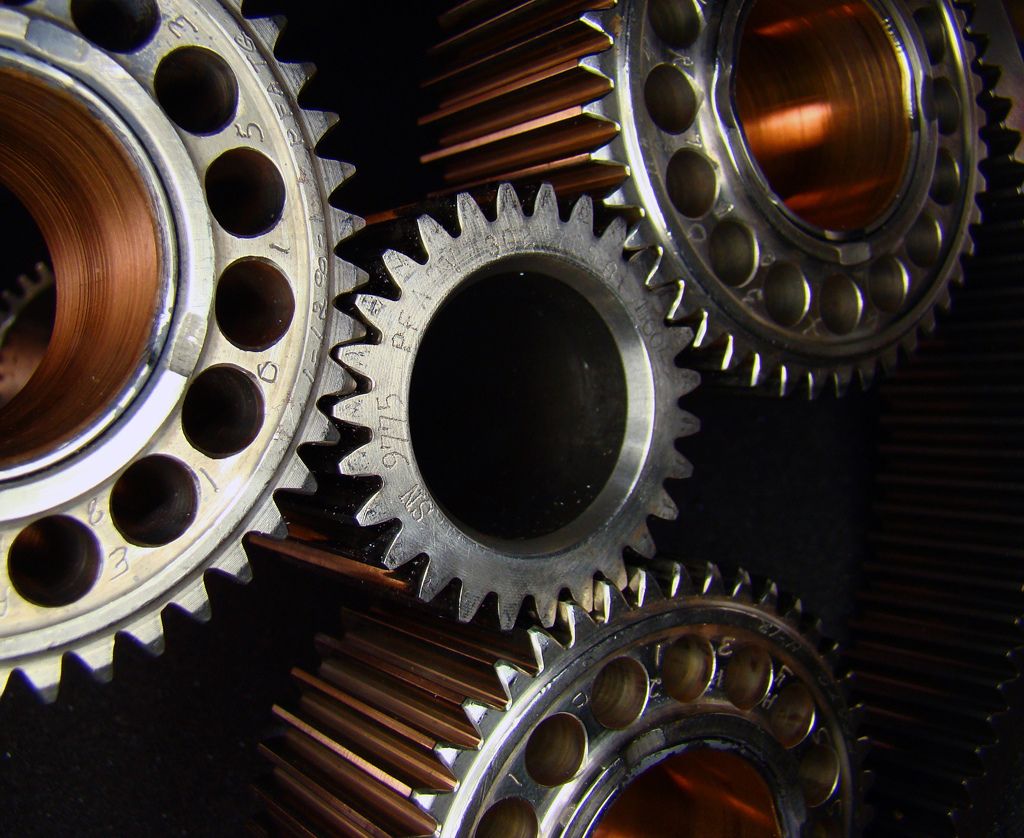As I alluded to in my last post, but didn't actual define, I'm searching for a new project car. I wanted to document the search for everyone so that I could illustrate the process that I set for earlier.
The Project Defined:
What car would be my project? It's both a complicated and simple question all at once. Those who have known me for a while know that the answer is simple. A Ford Mustang! I've been head over heals for the Mustang since I was old enough to know what a car was.
And yet, for any trust Mustang Enthusiast out there, you know that the hardest part is picking WHICH Mustang? There are so many options out there to choose from for a car that's celebrating it's 50th year of continuous production.
 |
| Image Credit: motortrend.com |
For those of you unfamiliar with the Mustang lineage breakdown I'll do a really quick and dirty summation here:
- 1964.5-1968: Classic Mustang
- 1969-1970: Race Mustang
- 1971-1973: Aero Mustang
- 1974-1978: Mustang II
- 1979-1993: Fox Body Mustang
- 1994-2005: SN95 Mustang
- 2006-2014: S197 Mustang
Some would break the last two eras down even more to emphasize the different body styles present in those chassis. But for this discussion it's not important. This project needs to be a new era of mustang that I haven't already owned. To recap that list:
- 1991 Ford Mustang LX, 4 cyl, 5 spd
- 2012 Ford Mustang GT/CS, 8 cyl, 6 spd
- 1973 Ford Mustang Mach 1, 8 cyl, Auto
With those cars in mind, and knowing that I don't want to do a 94-05 that leaves me with only the classic Mustangs, and what many would argue "aren't true Mustangs" the Mustang IIs.
Now I have a bit of a penchant for going for the odd and unique. I'm not sure why, but I get a thrill out of doing something a bit outside of the norm and expected. As such, there's a certain draw to the Mustang II. Here's a little car that it certain instances doesn't have bad styling...
 |
| Image Credit: corporate.Ford.com |
And in other instances look like a Ford Pinto and a Ford Crown Victoria had some kind of odd love child...
 |
| Image Credit: MustangII.net |
But, and this is where research is important, there is a major downside to being unique. And in the car world that is typically cost. While a Mustang II itself actually sells fairly cheaply, the lack of community love for the car has caused a lack of aftermarket support. Parts are expensive, and sometimes nearly impossible to find. Body panels aren't really reproduced, so you need to find a rust free example, and the small size of the car means engine options are limited. You wont really get much bigger than a 302 into one of these mini-Mustangs. I decided that while one of these cars would be awesome to own at some point in the future, they don't really fit the desired mold of what I want to go with right now.
Back to the roots!
This means the only options left are the original Mustangs and the Race Mustangs (to be fair, the race Mustangs is a bit of a self-assigned designation. I single those years out because the Mustang was used as a platform for Ford to homogenize its' racing engines for use). And in this bracket of years, for me, there is, has, and always shall be a clear winner as to which I want most. The 1970 Mustang!
 |
| Image Credit: Paintref.com |
In all honesty, I knew it had to be this car. It's ALWAYS had to be this car. For the last ten years I've been lusting after this particular Muscle Car like a fourth grader lusts after cake. And this time I'm determined to not allow my impatience to steal me away from my cake.
You see the 1973 that I just sold, I bought it because I was tired of saving money and not having a project car, so I jumped in on a car I didn't know all that much about in terms of the restoration process or part availability. It met the basic criteria of Mustang + Fastback + Rust-Free (or so I thought, but that's another story) so I bought it, and I shouldn't have. Now mind you, it was (and is!) a cool car, very classic, very Mustang, and very not for me. The lines just didn't do it for me, the interior just didn't give me the same fire, and the sight of it sitting in my garage didn't give me the satisfaction that a 1970 would. Which is exactly why I sold it, I wasn't going to drop a ton of money into a car that in my head would never be what I really wanted, but rather just what I had.
Stay tuned for the search criteria...







